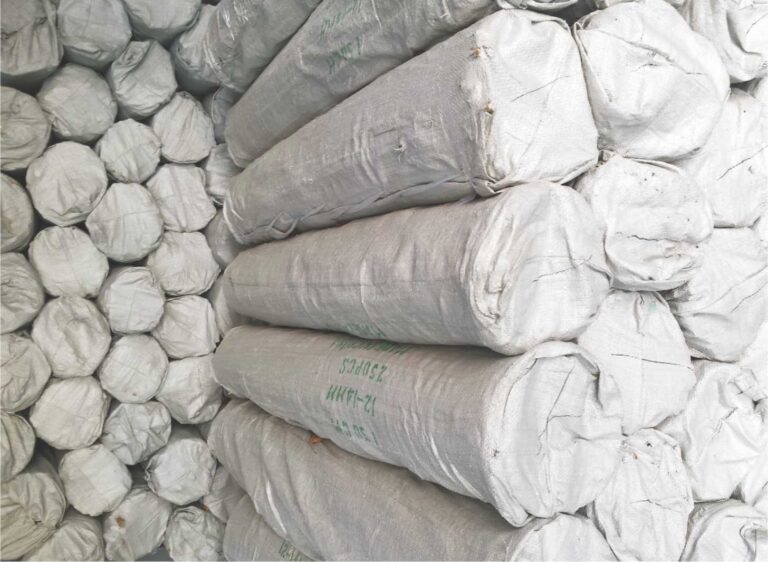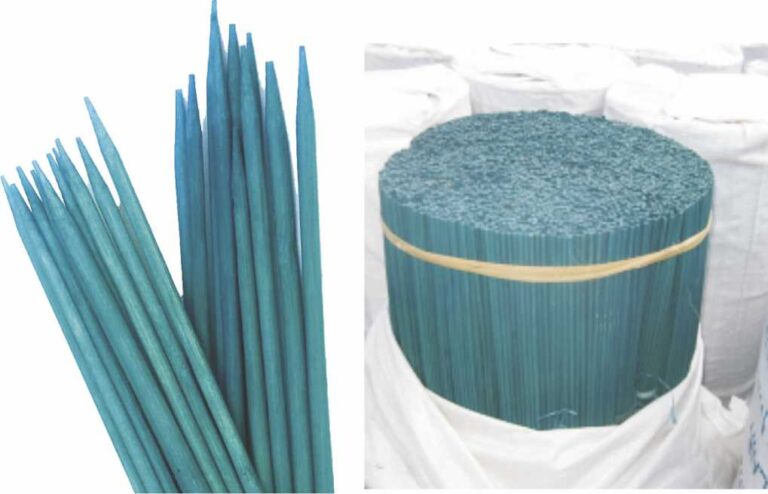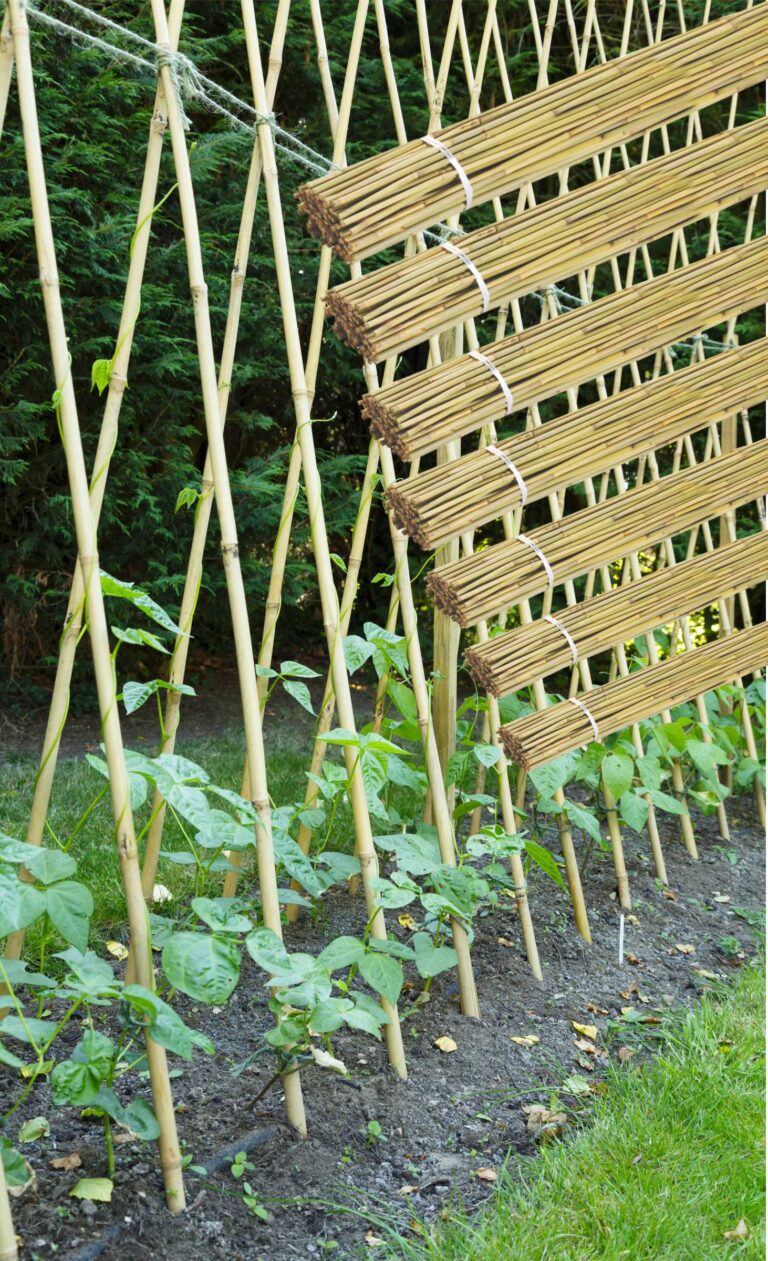Bamboo: renewable, natural.
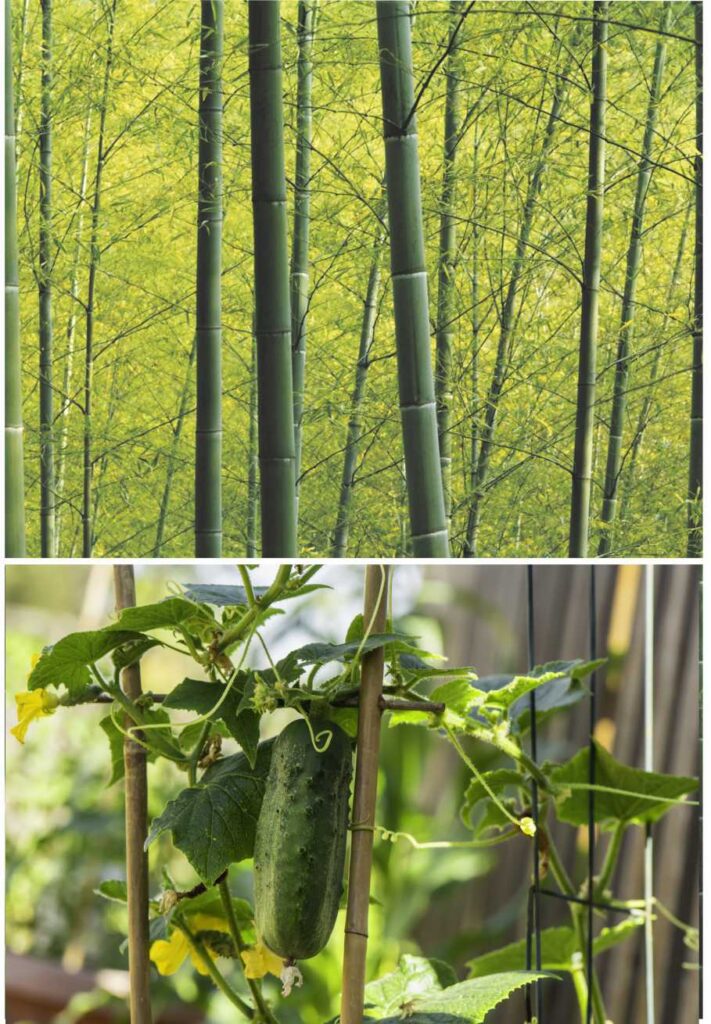
Bamboo is extremely good at removing metals and other toxic substances from water and soil. This method of using plants as an organic factor to eliminate pollutants is called phytoremediation. And different parts of the bamboo, including leaves, roots, shoots and rhizomes, help aid in the cleanup. Bamboo is also superior at preventing soil erosion and flooding due to its complex network of roots.
Bamboo is the world’s fastest growing plant. Some tropical species’ new shoots can grow an impressive 4 feet in one day, but it does reach maximum size within 5 to 15 years. The perfect renewable and sustainable crop.
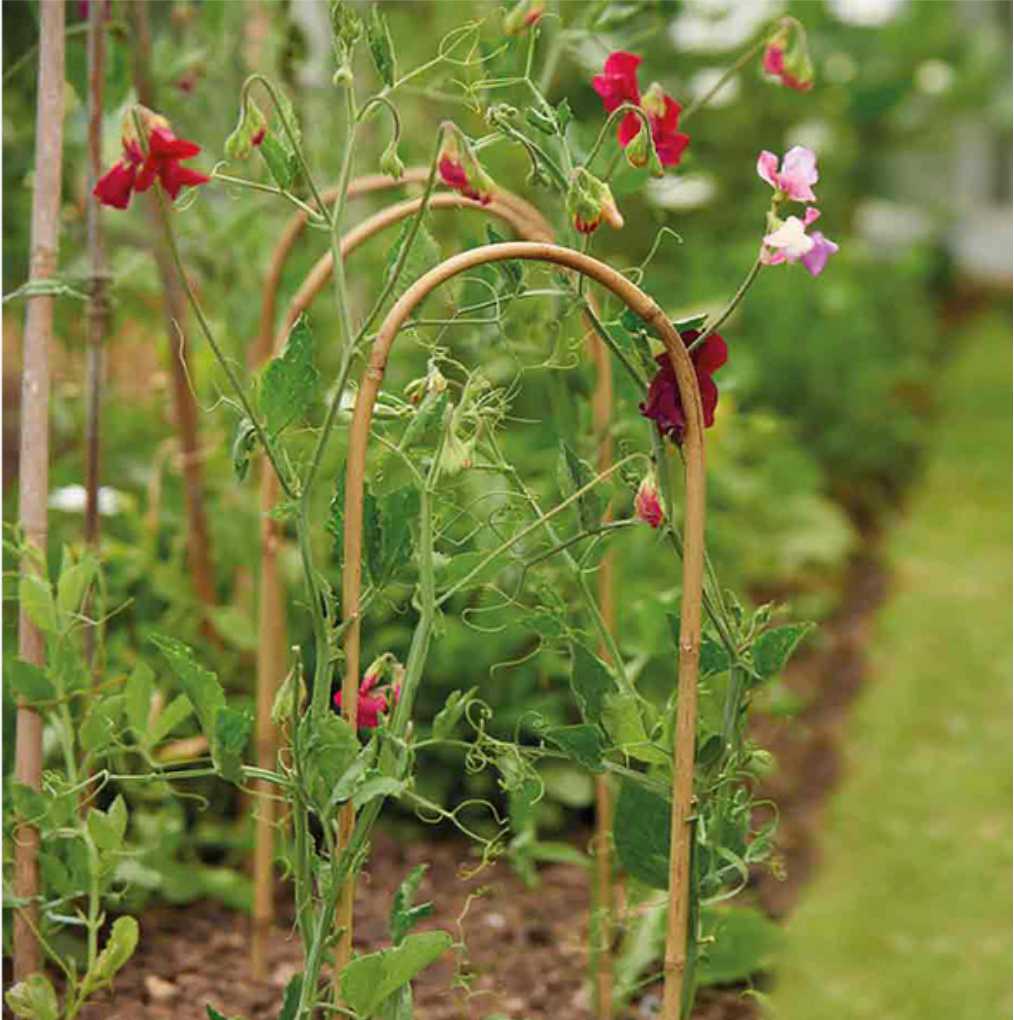
Despite countless images in books and on social media of dense, towering, tree-like bamboo groves, bamboo is actually in the grass family of Poaceae, and—not surprisingly—is the biggest in the family. Bamboo produces 35% more oxygen than trees, plus it consumes more carbon dioxide than any other plant? This means this grass helps reverse the effects of global warming by swallowing up greenhouse gasses.
Unlike most tree species, harvesting won’t kill bamboo which means topsoil erosion and other negative effects of tree-felling are reduced. Bamboo can also replace wood in flooring, furniture, utensils, bedding and clothing and of course is the worlds best garden stake!
